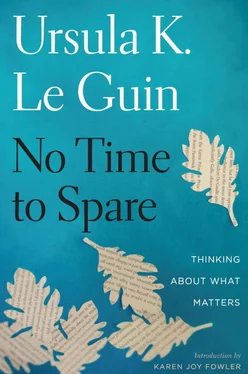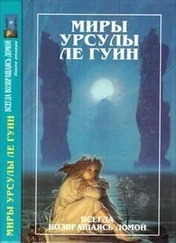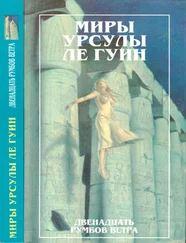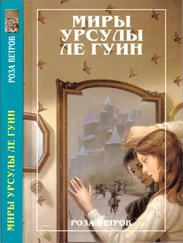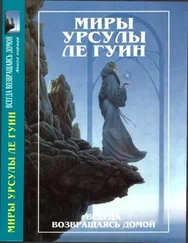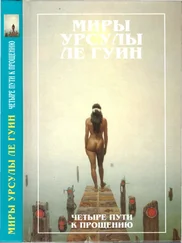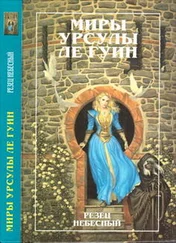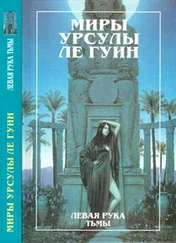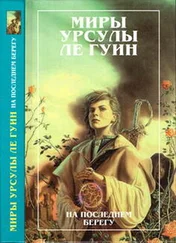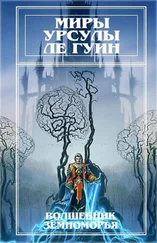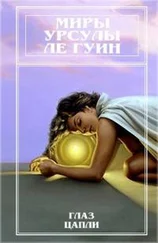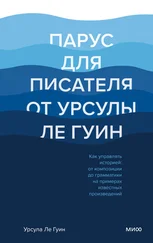Instead of seeing birth as an awakening from blank nonbeing and fetal incompletion into the child’s fullness of being, and seeing maturity as a narrowing, impoverishing journey toward blank death, the ode proposes that a soul enters life forgetting its eternal being, can remember it throughout life only in intimations and moments of revelation, and will recall and rejoin it fully only in death.
Nature, says Wordsworth, offers us endless reminders of the eternal, and we are most open to them in our childhood. Though we lose that openness in adult life, when “custom” lies upon us “with a weight/heavy as frost, and deep almost as life,” still we can keep faith with
Those shadowy recollections,
Which, be they what they may,
Are yet the fountain-light of all our day,
Are yet a master-light of all our seeing;
Uphold us, cherish, and have power to make
Our noisy years seem moments in the being
Of the eternal Silence: truths that wake
To perish never.
I cherish this testimony particularly because it need not be seen as rising from the belief system of any religion. Believer and freethinker can share this vision of human existence passing from light through darkness into light, from mystery to endless mystery.
In this sense, the innocence, the unjudging, unqualified openness to experience of the young child, can be seen as a spiritual quality attainable or reattainable by the adult. And I think this is what the idea of the Inner Child originally, or optimally, is all about.
But Wordsworth makes no sentimental plea to us to nourish the child we were by denying the value of maturity or by trying to be a child again. However conscious we are of the freedom and awareness and joyfulness we lose as we age, we live a full human life not by stopping at any stage, but by becoming all that is in us to become.
Though nothing can bring back the hour
Of splendour in the grass, of glory in the flower,
We will grieve not, rather find
Strength in what remains behind;
In the primal sympathy
Which having been must ever be;
In the soothing thoughts that spring
Out of human suffering;
In the faith that looks through death;
In years that bring the philosophic mind.
(If, like me, you look at that word soothing in surprise, wondering how thoughts of human suffering can be soothing, perhaps you will feel as I do that such wonder is a key—a sign that the poet’s direct language contains immensely more than its apparent clarity reveals at first, that nothing he says in this poem is simple, and that though it’s easily understood, any understanding of it may lead on, if followed, to further understanding.)
The cult of the Inner Child tends to oversimplify what Wordsworth leaves complex, close off what he leaves open, and make oppositions where there are none. The child is good—therefore the adult is bad. Being a kid is great—so growing up is the pits.
Sure enough, growing up isn’t easy. As soon as they can toddle, babies are bound to toddle into trouble. Wordsworth had no illusions about that: “Shades of the prison-house begin to close/upon the growing Boy…” The transition to adulthood, adolescence, is difficult and dangerous, recognized as such by many cultures—all too often in punitive ways such as cruel male initiation rites, or the brutal eradication of adolescence in girls by marrying them off as soon as they menstruate.
I see children as unfinished beings who have been given a very large job to do. Their job is to become complete, to fulfill their potential: to grow up. Most of them want to do this job and try their level best to do it. All of them need adult help in doing it. This help is called “teaching.”
Teaching can of course go wrong, be restrictive not educative, be stultifying, cruel. Everything we do can be done wrong. But to dismiss teaching as a mere repression of childish spontaneity is a monstrous injustice to every patient parent and teacher in the world since the Old Stone Age, and denies both children’s right to grow up and their elders’ responsibility to help them do so.
Children are by nature, by necessity, irresponsible, and irresponsibility in them, as in puppies or kittens, is part of their charm. Carried into adulthood it becomes a dire practical and ethical failing. Uncontrolled spontaneity wastes itself. Ignorance isn’t wisdom. Innocence is wisdom only of the spirit. We can and do all learn from children, all through our life; but “become as little children” is a spiritual counsel, not an intellectual, practical, or ethical one.
In order to see that our emperors have no clothes on, do we really have to wait for a child to say so? Or even worse, wait for somebody’s Inner Brat to pipe up? If so, we’re in for a lot of nude politicians.
A Modest Proposal: Vegempathy
June 2012
IT IS TIME for humanity to ascend from our primitive condition as omnivores, carnivores, vegetarians, and vegans. We must take the inevitable next step to Oganism—the Way of the Aerovore—leading away from obesity, allergy, and cruelty toward blameless purity. Our motto must be All we need is O.
Many people troubled by the suffering of animals—animals who would scarcely exist outside zoos if we did not breed them for their meat, milk, and eggs—remain strangely indifferent to the endless, enormous ordeal of the vegetables we keep in captivity or capture wild. Consider, for one moment, what plants undergo at our hands. We breed them with ruthless selectivity, harass, torment, and poison them, crowd them into vast monocultures, caring for their well-being only as it affects our desires, raising many merely for their byproducts such as seed, flower, or fruit. And we slaughter them without a thought of their suffering when “harvested,” uprooted, torn living from their earth or branch, slashed, chopped, mown, ripped to pieces—or when “cooked,” dropped to die in boiling water or oil or an oven—or, worst of all, eaten raw, stuffed into a human mouth and masticated by human teeth and swallowed, often while alive.
Do you think a bean is dead because you bought it at the store in a plastic bag? That a carrot is dead because it’s been in the refrigerator for a while? Have you ever planted a few of those beans in damp earth and waited a week or two, put the carrot top in a saucer of fresh water and waited a week or two?
The life in a plant may be less visible but far more intense and durable than the life in an animal. If you put an oyster in a saucer of fresh water and keep it for a week, the result will be quite different.
Why then, if it is immoral to subject an oyster to the degradation of becoming food, is it blameless, even virtuous, to do the same thing to a carrot or a piece of tofu?
“Because the carrot doesn’t suffer,” says the vegan. “Soybeans have no nervous system. They don’t feel pain. Plants have no feelings.”
That is exactly what many people said about animals for millennia, and what many still say about fish. As science has brought us—some of us—back to an awareness of our animality, we have been forced to acknowledge that all higher animals suffer pain and fear at least as intensely as we do. But just as we once misused science to support the claim that animals are mindless machines, so now we misuse science to support the claim of knowing that nonanimal living things—plants—have no feelings.
We know nothing of the sort.
Science has only just begun to investigate plant sensitivity and plant communication. The results are still meager, but positive, fascinating, and strange. The mechanisms and processes, being so very different from the senses and nervous systems of animals, are barely understood,. But so far what science has to say on the subject fails to justify the convenient belief that plants are insensate. We don’t know what the carrot feels.
Читать дальше
